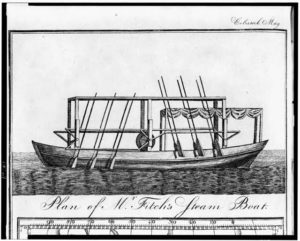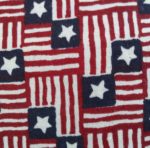Lee de Forest (born Council Bluffs, Iowa, 1873; died Hollywood, California, June 30, 1961) was called the “Father of Radio.” The owner of hundreds of patents, de Forest also worked on the photoelectric cell, talking films, and television. Idea: Children could find out why he was arrested.
Carl Deuker (born San Francisco, California, 1950) writes novels for young adults. His work includes Gym Candy and Heart of a Champion. Young adults can visit his website at: Carl Deuker.
Antoine-Laurent Lavoisier (born Paris, France, 1743; executed Paris, France, May 8, 1794) is known as the “founder of modern chemistry.” He studied the processes of combustion and also plant respiration. He established a method of naming chemicals that is still used today. Idea: Older children could find out why he was executed. Children could learn more at: Lavoisier.
Albert Bruce Sabin (born Bialystok, Poland, 1906; died Washington, DC, March 3, 1993) created an oral polio vaccine. It replaced the vaccine developed by Jonas Salk. Sabin’s vaccine provided lifetime protection and could be swallowed. Salk’s vaccine had to be injected and had to be repeated. In 1971 Sabin received the United States National Medal of Science.
Bernard Wiseman (born Brooklyn, New York, 1922; died January 11, 1995) wrote at least 80 books for children. He is well-known for his Morris and Boris series.

 Amendment Nineteen to the Constitution was adopted in 1920. It gave women the right to vote. Women’s Equality Day has been celebrated in the United States since 1973. A presidential proclamation in that year recognized women’s right to vote. Children could read Jean Fritz’s excellent book, You Want Women to Vote, Lizzie Stanton? Children could also learn more at:
Amendment Nineteen to the Constitution was adopted in 1920. It gave women the right to vote. Women’s Equality Day has been celebrated in the United States since 1973. A presidential proclamation in that year recognized women’s right to vote. Children could read Jean Fritz’s excellent book, You Want Women to Vote, Lizzie Stanton? Children could also learn more at: